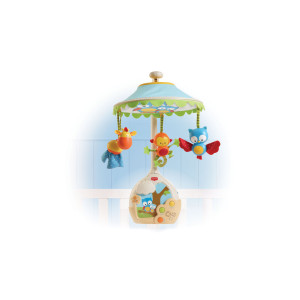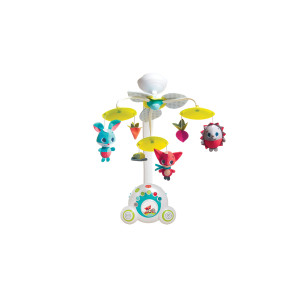0-1 Months: Sleep When You Can
Average hours of sleep: 16-18 hours
What to expect: During the first month, all babies need a lot of sleep but sleep patterns vary greatly. At this point, you can’t do much to adjust your baby’s natural tendencies. Just do what you can to help baby get 2-4 hours of sleep between feedings to ensure that both breastfeeding and sleep go more smoothly.
1-3 Months: Starting to Build a Routine
Average hours of sleep: 15-17 hours
What to expect: At around 6 weeks, a more sensible schedule becomes apparent and a bedtime routine may be introduced. Consistency is the name of the game, so make sure you stick to a set routine. You may not see the results immediately but the habit will create the basis for a healthy sleep routine later on.
























 English - International
English - International French - France
French - France Spanish
Spanish Portuguese
Portuguese English - USA
English - USA English - UK
English - UK Russian
Russian Italian
Italian Japanese - Japan
Japanese - Japan Portuguese - Portugal
Portuguese - Portugal Polish - Poland
Polish - Poland





